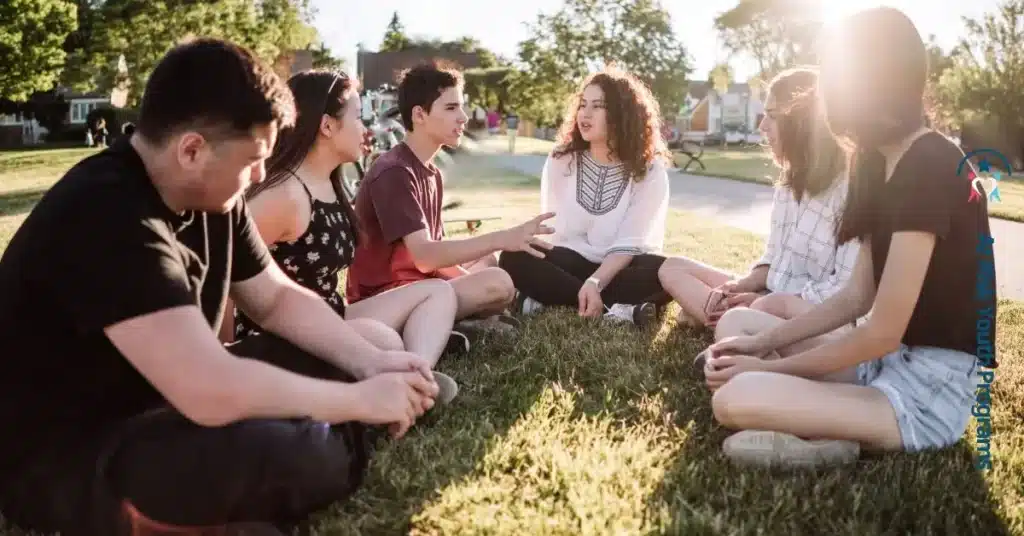24/7 Helpline:
(866) 899-221924/7 Helpline:
(866) 899-2219
Learn more about PTSD Treatment centers in Grady
PTSD Treatment in Other Cities

Other Insurance Options

Lucent

Oxford

BlueCross

Optum

Highmark

GEHA

Evernorth

American Behavioral

ComPsych

Optima

Regence

Carleon

Anthem

Coventry Health Care

Premera

Medical Mutual of Ohio

Horizon Healthcare Service

Magellan

Aetna

CareFirst
















































